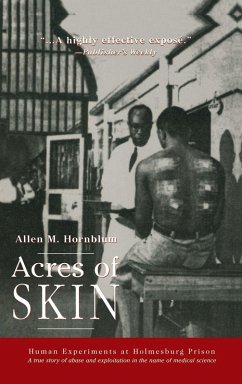
Race, Gender, and the Politics of Skin Tone
Versandkostenfrei!
Versandfertig in über 4 Wochen
178,99 €
inkl. MwSt.
Weitere Ausgaben:

PAYBACK Punkte
89 °P sammeln!
There is an African American saying, 'The darker the berry, the sweeter the juice,' which means the darker the skin color, the sweeter the person. Despite this adage, the reality is that lighter skin colour, or the lighter the berry, the more valued the person. Such hierarchies of skin colour date back to the days of slavery and colonization when people with dark skin were assumed to be savages. This legacy of colour is still very much with us. In startling interviews with African American and Mexican American women, Margaret Hunter shows us that there is a persistent advantage for lighter skinned women of colour in terms of educational attainment, income, residential segregation, spousal status, and mental health. In short, lighter skin tone is social capital that can be transformed into economic and educational capital. In this, the first scholarly account of this well-known, yet rarely discussed, phenomenon, Hunter provides a historical understanding of skin colour as well as a contemporary look at issues today, including the recent phenomenon of cosmetic surgery to 'correct' features such as thick lips or wide noses.
First Published in 2005. Routledge is an imprint of Taylor & Francis, an informa company.













